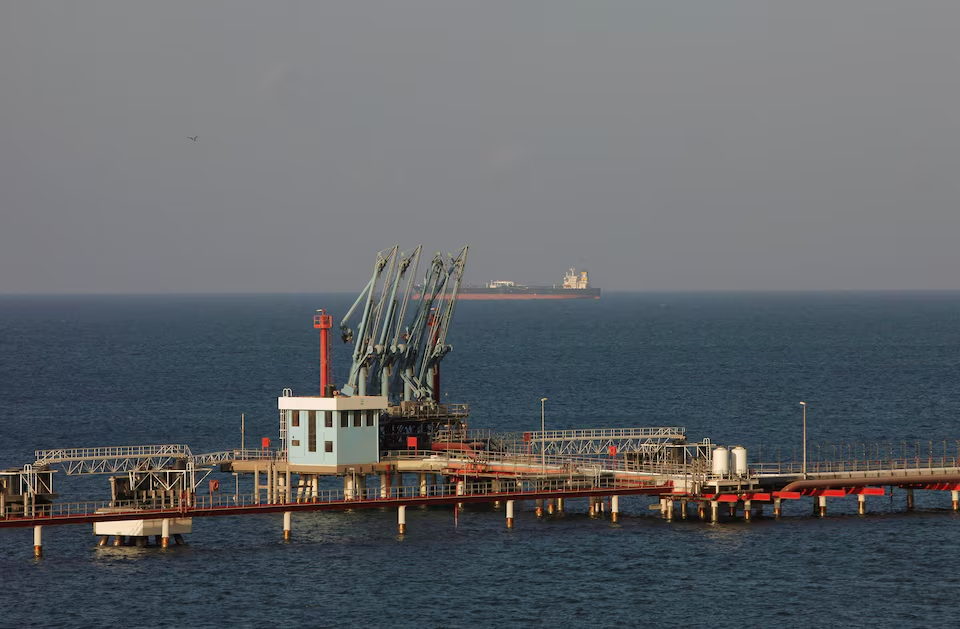A halt in Libyan oil exports has supported the values of Azeri, African and U.S. oil grades, while some refiners could consider reducing crude intake altogether due to poor profit margins, traders and analysts told Reuters.
Crude oil exports from Libya’s major ports have been shut for a week in the latest case of major unrest in the country, an OPEC member that pumps about 1% of world oil output.
Some loadings have been permitted from storage after the country’s two rival factions agreed to appoint a new central bank governor to ease the crisis, but most exports remain halted and it is unclear when a full resumption could occur.
Azeri and Algerian Saharan Blend will be refiners’ top choices for Libyan substitutes for October-loading cargoes, said Patricio Valdivieso from consultancy Rystad Energy.
Prompt unsold September cargoes of West African crude or U.S. WTI Midland could also replace Libyan volumes in the short term, Valdivieso added.
U.S. WTI Midland physical crude prices have strengthened relative to WTI at Cushing, with the differential between the two rising to 80 cents per barrel from 60 cents on the day Libyan oilfields began closing.
“U.S. crude is a good substitute for light sweet Libyan barrels, and it can make the journey fairly quickly across the Atlantic,” said Kpler analyst Matt Smith.
Europe’s imports of WTI Midland jumped to 1.43 million barrels per day in August, a 24% month-on-month rise, partly supported by Libyan outages starting with the Sharara field in early August, according to Kpler data.
Azeri and Kazakh crude prices both rose sharply on the Libyan disruptions last week as refiners sought replacement barrels.
Libyan outages also encouraged buyers towards the West African crude market to mop up September cargoes that have been selling poorly because of low refining margins and upcoming maintenance.
Approximately 15 Nigerian September cargoes were unsold before Libyan field closures, which had fallen to around 10 or less by Friday, five traders in West African markets said, while Angolan September cargoes sold out a week earlier.
“There was a huge overhang of Nigerian cargoes for September, so the fact differentials haven’t dropped too far is a sign that Libya did have an impact on the West African market as well,” Kpler lead crude analyst Viktor Katona said.
Traders in Asia said the Libyan outages were not boosting crude grades there as it is still early in this month’s trading cycle.
Poor refining margins in Europe may prompt some refiners to reduce their crude intake instead of seeking full replacement of Libyan barrels, said Richard Bronze from Energy Aspects.
Northwest European diesel refining margins hit a two-and-a-half year low of $13.12 a barrel on Aug. 28, according to LSEG data. Gasoline margins were at a 10-month low of $5.82 a barrel around the same time.
